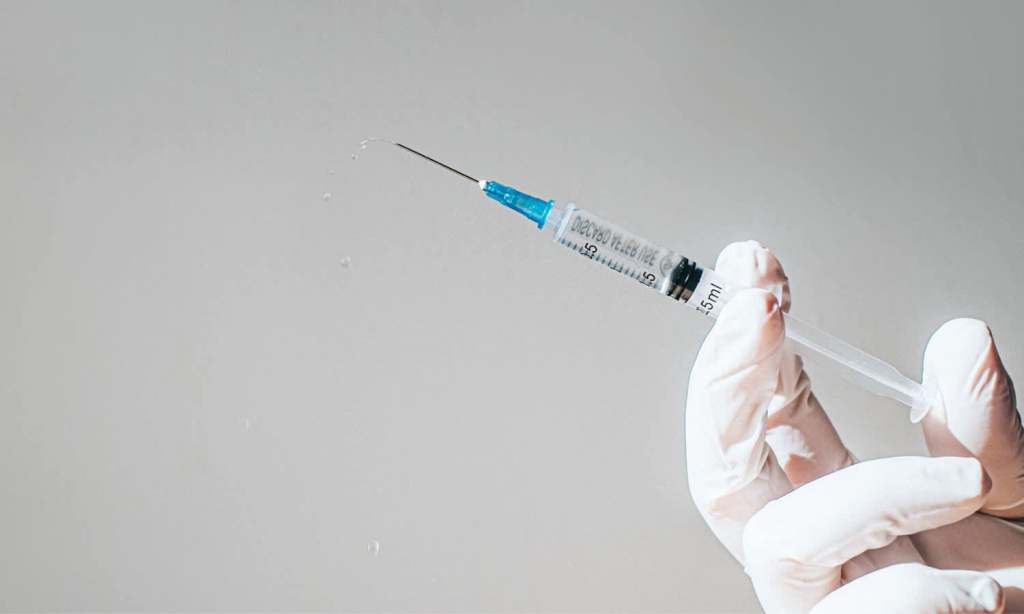Researchers from Griffith University — along with their colleagues from Canada and China — have identified how “it may be possible to make a future vaccine that will provide protection against all major strains of COVID-19”, according to a news release put out by the university.
This comes following news that the vaccine rollout has begun in Australia, even though 250,000 doses of the vaccine intended for Australia have been blocked by Europe.
Currently, COVID vaccines try to break the interaction between receptor-binding domains and angiotensin-converting enzyme 2, which is present in the human lungs. They target the spike protein as a whole, whereas this one targets specific parts of the virus’s spike protein, specifically identifying minimal sequences of the receptor-binding domain.
Convalescent plasma — plasma from people who have recovered from COVID — was key, as it was used to test which fragments of the spike protein their antibodies bound to.
Professor Michael Good, the lead research author, said “Our research was focused on finding what parts of the virus are recognised by antibodies which protect against the virus. We identified three in particular where we were able to show that antibodies to those fragments could actually neutralise the whole virus.”
By targeting parts of the spike protein that all variant strains of the virus have in common, this means the potential vaccine could then work against all variants.
As lead co-author Dr Manisha Pandy said, “It may be possible to use those specific small regions of the virus in a vaccine to induce antibodies capable of preventing infection with all main viral strains.”
So far, the vaccine has passed pre-clinical trials in animal models. Over the next 12 months, a full clinical human trial will be undertaken, in cooperation with colleagues from New Zealand.
Although Professor Good said they can’t predict how future strains of the virus would behave, he is confident that this vaccine candidate would give cross-strain immunity for all known variants of COVID-19.
Read more stories from The Latch and subscribe to our email newsletter.







